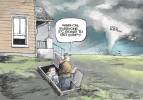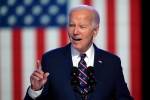Judge: Appeal rejection portends end of Nevada same-sex marriage ban
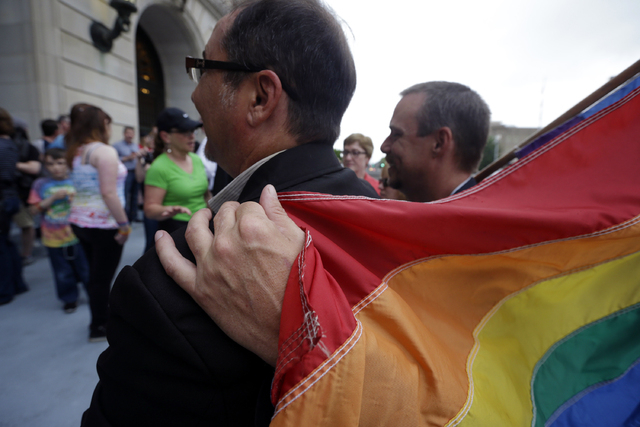
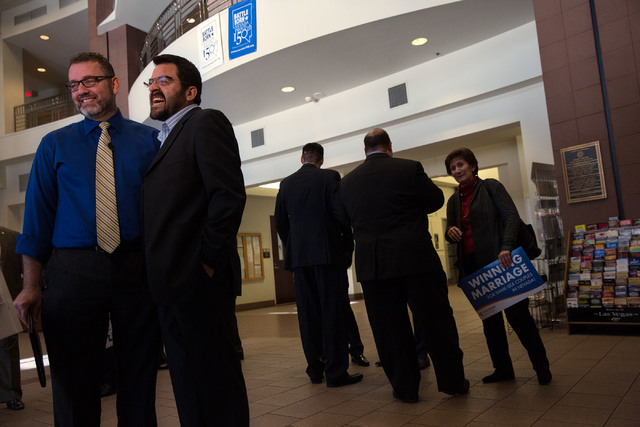
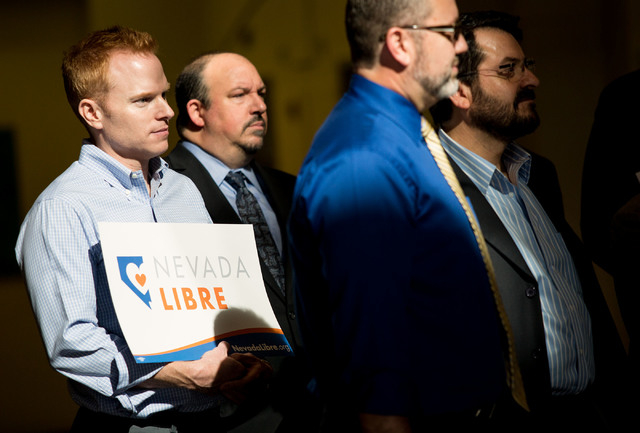
CARSON CITY — Time appears to be running out for Nevada’s 12-year-old constitutional ban on same-sex marriage, along with other, similar prohibitions around the country.
The potential death blow to the state’s law came when the 9th U.S. Circuit Court of Appeals declined to reconsider a previous decision requiring “heightened scrutiny” in cases involving sexual orientation.
News that Nevada’s law might be on its last legs came just as federal courts in other jurisdictions gave the heave-ho to same-sex marriage bans in both Utah and Indiana.
But the big news for eight same-sex couples who want to get married in Nevada came with a Tuesday order denying a rehearing in the SmithKline Beecham v. Abbott Laboratories case involving the dismissal of a gay juror because of his sexual orientation.
The implications of the denial were summed up in a dissent by Judge Diarmuid O’Scannlain who said the decision “is perhaps all but this court’s last word on the question whether the (U.S.) Constitution will require states to recognize same-sex marriages …”
Peter Renn, a staff attorney at Lambda Legal who is part of the team representing the Nevada couples, said it would be difficult to overstate the significance of the 9th Circuit order.
“Honestly, this decision is like a nail in the coffin of discriminatory marriage laws,” he said. “The government’s burden in justifying discriminatory marriage laws became just that much harder.”
Renn said of the 21 judges who weighed in on the question of rehearing the case, only three joined in the dissent.
“It’s about as good a sign as one could possibly get in reading which way the federal judiciary is leaning on this issue,” he said. “It is a very positive indicator of what is happening across the country.”
“It’s just a matter of time until our ban will be found unconstitutional,” said state Sen. Tick Segerblom, D-Las Vegas. “If the 9th Circuit rules the right way we could see same-sex marriages by the end of the year.
“We’re the marriage capital of the world and we’re losing revenue,” he said. “This is the last big civil rights issue.”
As a result of the original SmithKline decision, Nevada Attorney General Catherine Cortez Masto declined to continue to defend Nevada’s same-sex marriage ban.
The challenge to Nevada’s ban on gay marriage will be heard by the 9th Circuit in September although a specific date has not yet been set.
The challenge was brought by Lambda Legal on behalf of the same-sex couples.
The Coalition for the Protection of Marriage, which put a measure on the ballot more than a decade ago defining marriage as being between a man and a woman, is defending the ban. Nevada voters gave final approval to the ban in 2002. The attorney for the coalition has repeatedly declined to comment on the case.
In November 2012 U.S. District Judge Robert C. Jones upheld Nevada’s prohibition on same-sex marriage, finding that the current definition does not violate the Equal Protection Clause of the 14th Amendment.
That decision was appealed by Lambda to the 9th Circuit.
The SmithKline ruling said that in light of the history of exclusion of gays and lesbians from democratic institutions and the pervasiveness of stereotypes about the group, the equal protection clause forbids striking a juror on the basis of his sexual orientation.
The appeals court, citing the U.S. Supreme Court decision in United States v. Windsor, said: “When state action discriminates on the basis of sexual orientation, we must examine its actual purposes and carefully consider the resulting inequality to ensure that our most fundamental institutions neither send nor reinforce messages of stigma or second-class status. In short, Windsor requires heightened scrutiny.”
The Windsor ruling struck down the federal Defense of Marriage Act on June 26, 2013.
In the Utah case, a federal appeals court ruled Wednesday that states must allow gay couples to marry, finding the Constitution protects same-sex relationships.
The three-judge panel in the Utah case ruled 2-1 that states cannot deprive people of the fundamental right to marry simply because they want to be wedded to someone of the same sex.
The judges added they don’t want to brand as intolerant those who oppose gay marriage, but said there is no reasonable objection to the practice.
Utah’s attorney general is expected to ask the U.S. Supreme Court to take up the case.
In the Indiana case, a federal judge Wednesday struck down the state’s ban on same-sex marriage in a ruling that immediately allowed gay couples to wed.
The Associated Press contributed to this report. Contact Capital Bureau reporter Sean Whaley at swhaley@reviewjournal.com or 775-687-3900. Find him on Twitter: @seanw801.





